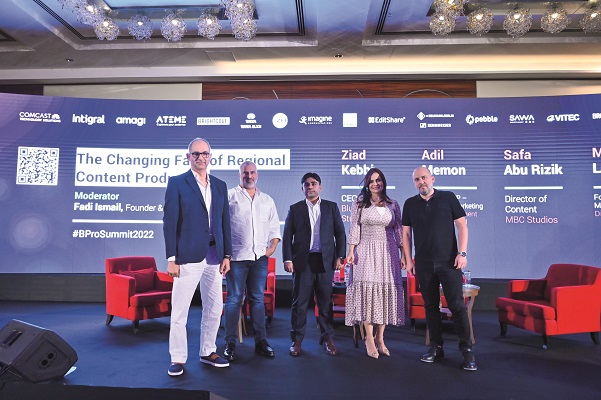This era has been one of the most impressive in the history of the Middle East, with prolific content production increasingly carving a space for itself on the world stage. At the BroadcastPro Middle East keynote panel in November, producers and broadcasters got together to analyse upcoming trends in the content market, consumer behaviour and expectations, and their impact on commissioning projects.
There’s been an exceptional movement across the MENA television landscape recently. Just recently, Netflix announced five upcoming projects from the Arab world, shows and films from Saudi Arabia, Kuwait, the UAE, Jordan and Egypt. Of these, UAE-produced Dubai Bling raked in millions of viewers – and dollars. More OTT players are expected to follow in Netflix’s path, along with new apps taking over streaming.
There’s also been a sharp rise in big-budget MENA productions in the past few years, with films such as Kandahar and Desert Warrior and OTT series Al Asouf and Room 207. There’s been a digital revolution, with audiences favouring social media and OTT services instead of traditional broadcast networks.
Another significant development has been the rise of the Saudi Arabian market in terms of both production and consumption. The Kingdom has emerged as the biggest market for productions from the US and Egypt. The number of screens in the country has passed 400; in 2021, 341 new films were released in Saudi cinemas.
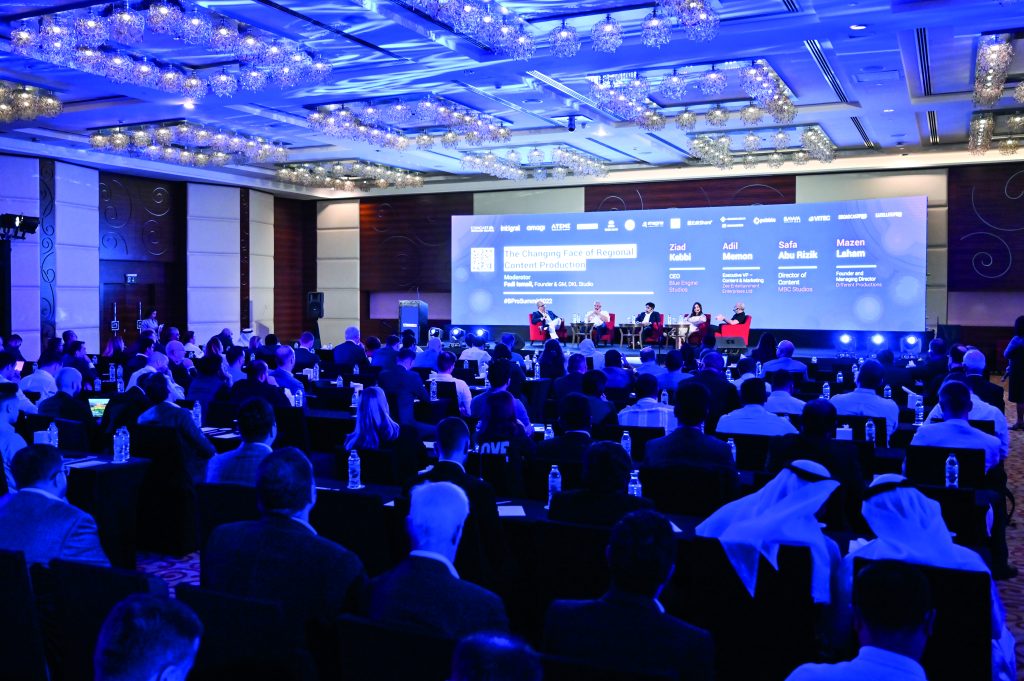 With more Arab productions taking over OTT and other streaming channels, the changing face of content production in the region was a pertinent topic of discussion at the 12th edition of the ASBU Broadcast for Summit and Awards. Moderated by Fadi Ismail, founder and GM of DKL Studio, the panel discussed how regional producers and media companies are recalibrating content and commercial and technical strategies to tackle the new generation of streaming. The four-member panel comprised Ziad Kebbi, CEO, Blue Engine Studios; Adil Memon, Executive VP – Content & Marketing, Zee Entertainment Enterprises Limited; Safa Abu Rizik, Director of Content, MBC Studios; and Mazen Laham, founder and Managing Director, Different Productions FZ LLC.
With more Arab productions taking over OTT and other streaming channels, the changing face of content production in the region was a pertinent topic of discussion at the 12th edition of the ASBU Broadcast for Summit and Awards. Moderated by Fadi Ismail, founder and GM of DKL Studio, the panel discussed how regional producers and media companies are recalibrating content and commercial and technical strategies to tackle the new generation of streaming. The four-member panel comprised Ziad Kebbi, CEO, Blue Engine Studios; Adil Memon, Executive VP – Content & Marketing, Zee Entertainment Enterprises Limited; Safa Abu Rizik, Director of Content, MBC Studios; and Mazen Laham, founder and Managing Director, Different Productions FZ LLC.
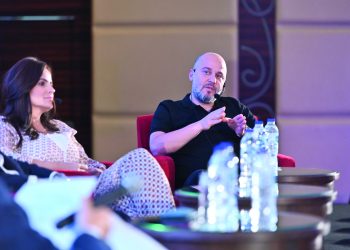
Revisiting production models in the wake of consumer data and viewing behaviour patterns
Among the first points of discussion were the rising cost of production resulting from general inflation and the demand for bigger-budget productions spiked by the rise in viewership. Some relief has come from the generous rebates offered by film commissions across the region, including NEOM and AlUla in Saudi Arabia and similar initiatives in Jordan, Morocco and the UAE. Another way to tackle the rising cost of production is co-production, a route Zee Entertainment has been following for some time now.
“With the value of the US dollar being a critical aspect of the production funding process, Zee devised the co-production model as a solution to counter the frequent currency depreciation across the region, excluding the GCC,” said Adil Memon of Zee Entertainment. “We come in as an investing partner for up to 65-70% if the project is impressive. And we follow a principle of 80:20, whereby 80% of our projects are based on feasibility analysis, and on 20% of our projects, we might take a chance of experimentation.”
The panellists felt that the entrance of entities such as Rise Studios in the Middle East has the potential to be a game changer in terms of ownership, finance, planning and production processes. Such enterprises help producers to negotiate better and relieve some of the financial pressure, as producers now don’t need 100% of finance or commissioning from big media houses or streaming platforms.
“Being part of Rise will create more opportunities and have more blings, due to the data provided, the opportunity to own the IP and the ability to finance,” commented Mazen Laham of Different Productions, producer of reality series Dubai Bling.
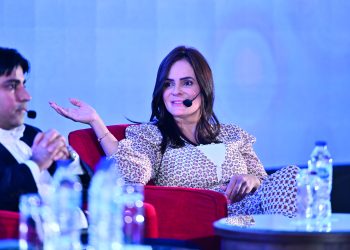
Content, MBC Studios
Some studios have adopted the commissioning model. However, the commissioning process still doesn’t have set parameters or criteria producers can be guided by. “There’s no specific strategy for any platform,” said Kebbi. Ismail also pointed to global giants such as Netflix going back to AVOD (advertising-based video-on-demand); regionally, MBC’s Shahid platform has also been investing heavily to strengthen its AVOD offering.
Experimenting with new genres
While there have been changes in production techniques and models, the panellists agreed that the process of choosing the concept for a series has not undergone much change. Streaming platforms haven’t been of much help to production houses in assessing the mood of the viewers, and producers have had to devise their own methods of gauging audience content preferences.
For instance, Blue Engine Studios measures the attention span of viewers based on how they consume content on social media, through ‘attention loops’, and try to reflect these trends in their productions, said Blue Engine CEO Ziad Kebbi, explaining that the change in content is being driven solely by production houses. “The change is based on what we do individually. It’s not coming from the media companies; it’s the production companies that are trying to make an effort to ensure what they produce is attractive to the viewers.”
“Being part of Rise will create more opportunities and have more blings, due to the data provided, the opportunity to own the IP and the ability to finance” – Mazen Laham, founder and Managing Director, Different Productions FZ LLC
Safa Abu Rizik of MBC Studios voiced a different opinion about how media houses commission projects. Pointing to MBC’s “scientific approach”, she highlighted a more dynamic approach in script selection: “We now request a bible, a pilot and beats of events per episode. All these terminologies were not there five years ago.”
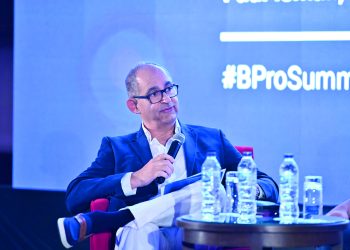
DKL Studio
In the case of Zee, the company capitalises on the cultural similarities between the Indian sub-continent and the Middle East to develop its storylines. It currently has more than half a dozen such co-productions on its slate, explained Memon. “We have done five such projects, including experimenting with comedy and drama series in Egypt, a thriller and social drama in Lebanon, and a social drama series in Syria. We are in the process of doing a film in Egypt which is expected to release during Eid of 2023. We have already signed two drama series, with two more in the pipeline. The production slate from here on will be at least five to seven projects a year.”
With the core story idea belonging to it, the company retains the IP (intellectual property) rights of the series. “But the video asset exploitation has been negotiated upon for ‘x’ number of years with broadcasters, depending upon multiple territories,” Menon said, giving a further example of a story dubbed into Arabic for Alwan.
While there have been series that have been huge hits regionally, very few have been able to transcend boundaries to become global successes. An exception is the new reality show Dubai Bling, produced by Different Productions, part of Rise Studios. While it didn’t intentionally target a global audience, its creator believes the show went global because of its strong content.
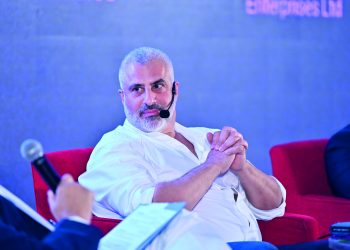
“We monitored docu-soaps trending worldwide, such as Made in Mexico and Bling Empire,” said Laham. Based on these studies, Different pitched the idea of replicating those concepts in Dubai to Netflix. In the future, Different Studios plans to pitch all its shows in the market, backed by numbers and research. Some panellists were sceptical of this claim, since the Middle East is not an established data-driven market, but Laham seemed confident: “We are up to this. This will de-risk production.”
Having said this, all the panellists agreed that there is no sure-shot success formula. “We have had big projects that had the leverage of production, budget, time and access to talent. They succeeded locally; for instance, MBC’s mini-series Rashash that was streamed on Shahid was a regional hit, but it did not reach the globe,” said Rizik.
Kebbi further attributed some of the lag in Arabic-language content going global to clients’ mindset. “Unfortunately, the clients – the broadcasters and platforms – have not changed. This is one of the main criteria that impacts the way content is produced. In this situation, it is up to the production houses to usher in any change – which is challenging.”
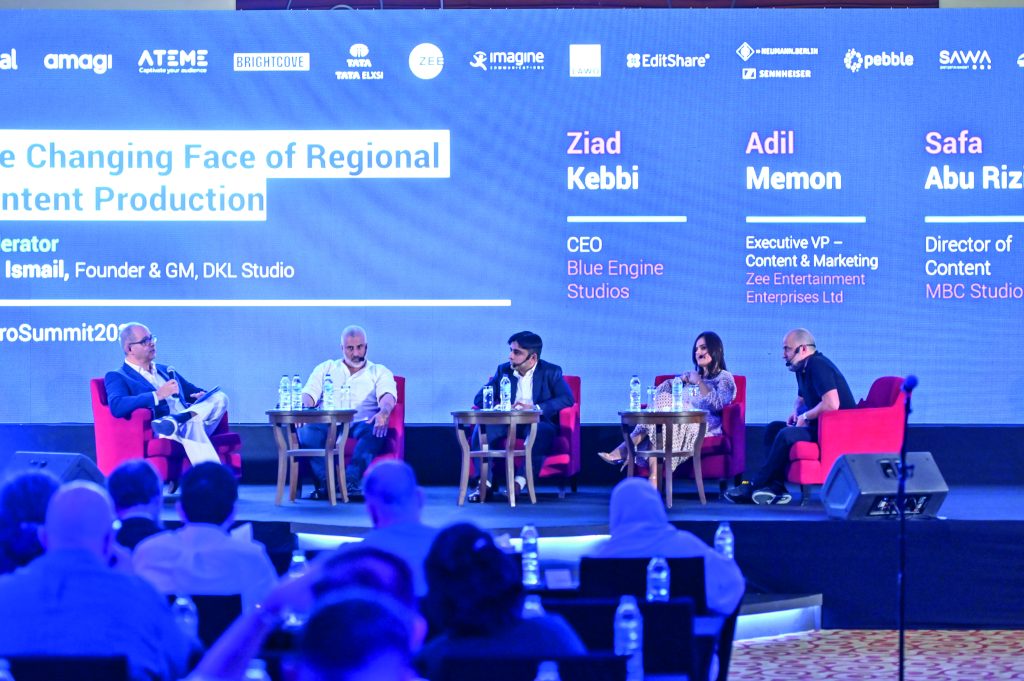 Addressing duration and number of episodes with OTT
Addressing duration and number of episodes with OTT
The panel also identified a fundamental shift in the region in terms of the storytelling process. Over a hundred series are shot across the Arab world annually, and many of these now favour the short-form approach, with multiple seasons. On average, most series are now a maximum of ten episodes, demanding quicker story progression. The shorter duration of shows has made the market more competitive, said Rizik. At the same time, the limited number of episodes for each series allows the original story to have arcs that can be potentially extended to another season.
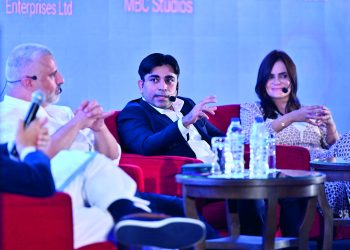
In Memon’s opinion, “Season one is a critical milestone for both the platform and the producer.” All the panellists agreed that demand for another season is a clear indication from the audience that the project is successful and they want more. However, the decision for multiple seasons has to be taken when the series is commissioned, allowing better story planning and telling, asset management and de-risking of the production. “If a platform commits to multiple seasons, it also helps the production companies to plan the series well. This is very important when talking about de-risking by numbers and data,” said Laham.
The panellists agreed on the need for local platforms to have more faith in production houses. Most platforms or broadcasters wait until a series has succeeded internationally before investing in it for local streaming. In the case of Dubai Bling, Laham said it was easier to approach Netflix than regional platforms. “I don’t see that we lack any creativity; we just need more chances in the region.”
“We follow a principle of 80:20, whereby 80% of our projects are based on feasibility analysis, and on 20% of our projects, we might take a chance of experimentation” – Adil Memon, Executive VP – Content & Marketing, Zee Entertainment Enterprises Limited
Despite the lacunae, the panel was optimistic about the future of the industry. All the panellists agreed that there was no dearth of creativity or budgets – globally and regionally, “budgets are aligned”. Apart from developing content for multiple seasons and formats, they agreed that production companies should look at exploring animation, or even the multiverse, for future projects.




































































